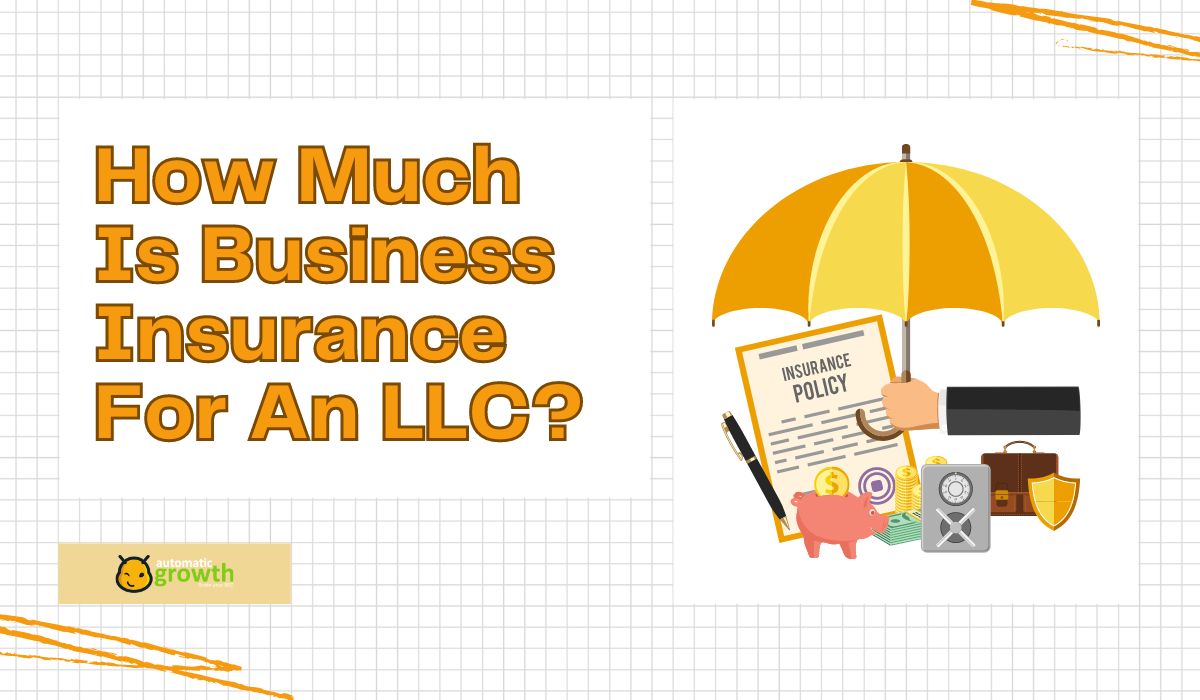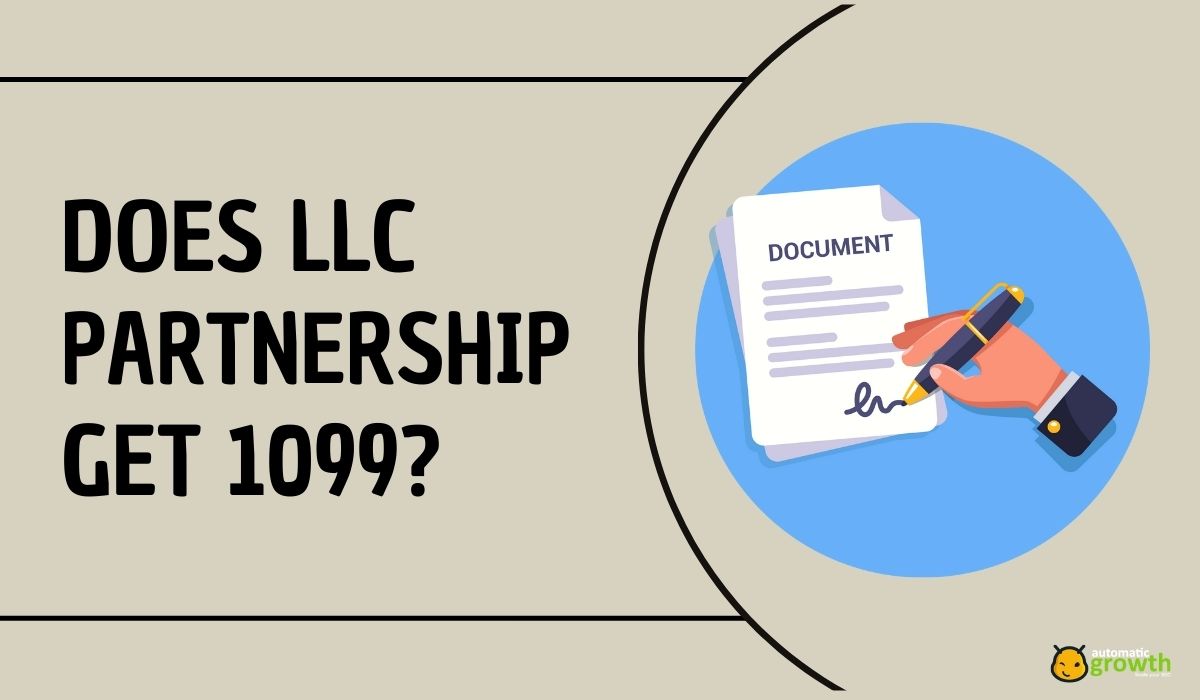When it comes to establishing a Limited Liability Company (LLC), one of the pivotal questions is, "How much is business insurance for an LLC?" The cost of business insurance for an LLC is not a fixed number and varies significantly depending on several factors. This article aims to break down these variables to give you a clearer understanding of what you might expect to pay for your LLC's insurance.
Key Factors Affecting Business Insurance Costs for an LLC
-
Type of Business
The industry in which your LLC operates plays a significant role in determining insurance costs. Each industry comes with its unique set of risks. For instance, a construction company is exposed to more physical risks due to the nature of its operations, which often involves heavy machinery and on-site labor.1 This increased risk translates into higher insurance premiums as compared to industries with lower physical risks, such as consulting or digital services firms. Insurance providers assess the level of risk associated with different business activities and adjust premiums accordingly.
-
Location
The geographical location of your LLC is another critical factor. Business insurance premiums can vary depending on the state you operate in. This variation is due to differences in state regulations, the likelihood of natural disasters, crime rates, and other local risk factors. For example, a business located in an area prone to hurricanes or flooding may face higher insurance costs than one in a less risky environment.2 Understanding the specific insurance landscape of your state or region is essential for anticipating these costs.
-
Number of Employees
The number of individuals employed by your LLC directly impacts your insurance costs. More employees typically mean a higher risk of workplace incidents, which can lead to insurance claims. This is particularly true for industries where employees are involved in physical work or operate in potentially hazardous environments. As a result, businesses with a larger workforce often incur higher insurance premiums to cover these increased risks.
-
Payroll Size
Payroll size is a significant factor, especially in determining the cost of workers' compensation insurance. Workers' compensation insurance is typically required for businesses with employees and is often calculated based on the total payroll. The logic is straightforward: the larger the payroll, the more employees there are, and thus, the higher the potential liability in case of workplace injuries or illnesses. Consequently, businesses with larger payrolls can expect to pay more for workers' compensation insurance.
-
Coverage Limits
Choosing higher coverage limits in your insurance policy provides greater protection but also leads to higher premiums. Coverage limits are the maximum amount an insurance company will pay out for a claim. Businesses that opt for higher limits do so to ensure more comprehensive protection against potential losses. However, this increased protection comes at a cost, as insurers charge more for policies with higher limits. Balancing the need for adequate coverage against the cost of premiums is a key consideration for LLC owners.
-
Deductible Amount
The deductible amount is the portion of a claim that the policyholder is responsible for before the insurance coverage kicks in. Choosing a higher deductible can be a strategic way to lower your premium costs. However, it also means that you will need to pay more out-of-pocket in the event of a claim. This trade-off requires careful consideration – while a higher deductible can make your regular premiums more affordable, it also increases your financial responsibility during a claim.
Average Costs for Different Types of Business Insurance
“The estimated average cost for general liability insurance for an LLC is around $42 per month or approximately $500 annually.”
General Liability Insurance
-
Estimated Cost: Around $42 per month or approximately $500 annually.
-
Coverage Scope: It covers claims like bodily injury, property damage, and advertising injury.
Business Owner's Policy (BOP)
“A Business Owner's Policy, which combines general liability and property insurance, typically costs about $85 per month, offering a more economical option than purchasing these coverages separately.”
-
Estimated Cost: Typically about $85 per month.
-
Coverage Details: A BOP bundles general liability with property insurance, often at a more economical rate than purchasing separately.
Professional Liability Insurance
-
Estimated Cost: Generally near $50 per month or $600 yearly.
-
What It Covers: It protects against claims of professional errors, negligence, or omissions.
Workers' Compensation Insurance
-
Cost Variation: This varies greatly based on your state and industry. In some cases, it can amount to several thousand dollars annually.
-
Purpose: It covers medical costs and lost wages for work-related injuries or illnesses.
Conclusion
In answering the question, "How much is business insurance for an LLC?", it's clear that costs can vary based on your specific business needs and circumstances. It's essential to assess your LLC's unique risks and requirements to determine the most appropriate insurance coverage and budget accordingly. Consulting with insurance professionals can provide tailored advice and help ensure that your LLC is adequately protected.
Unlock the secret to profitable entrepreneurship with minimal investment! Dive into our guide for businesses with low startup costs and high profits, and start your journey to success today!
















